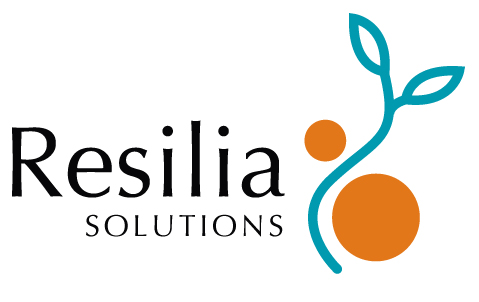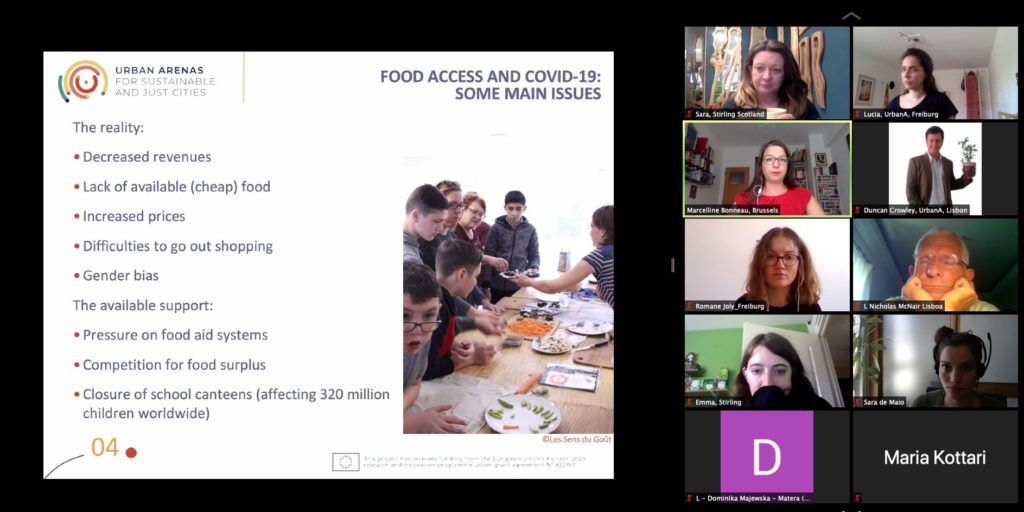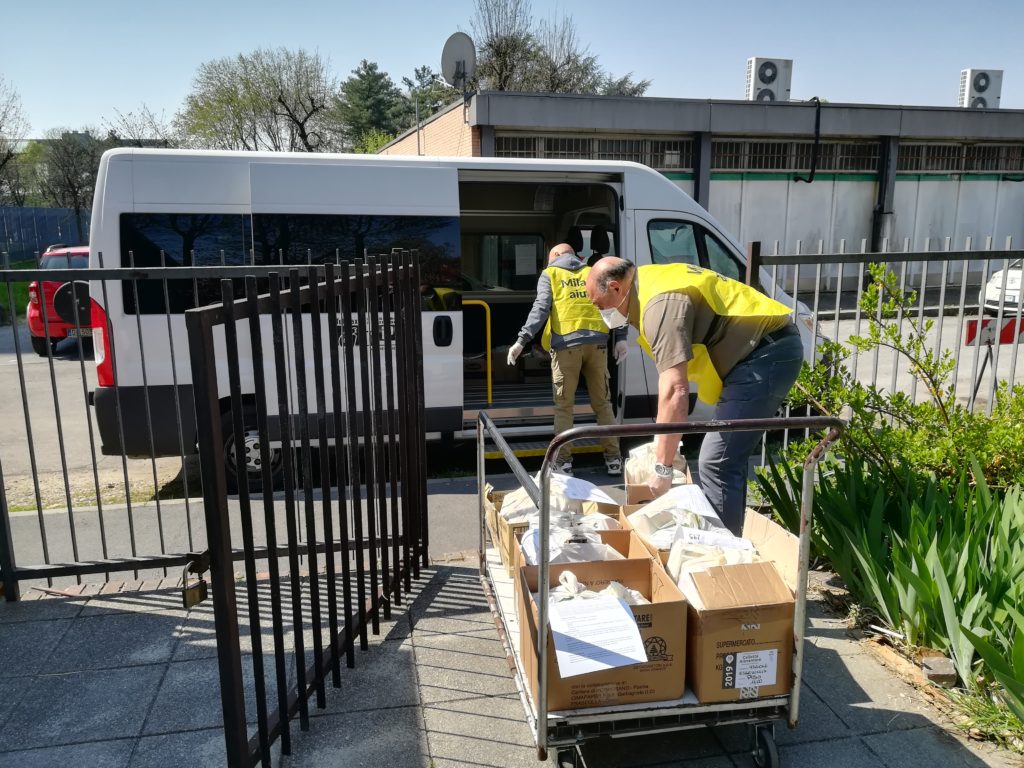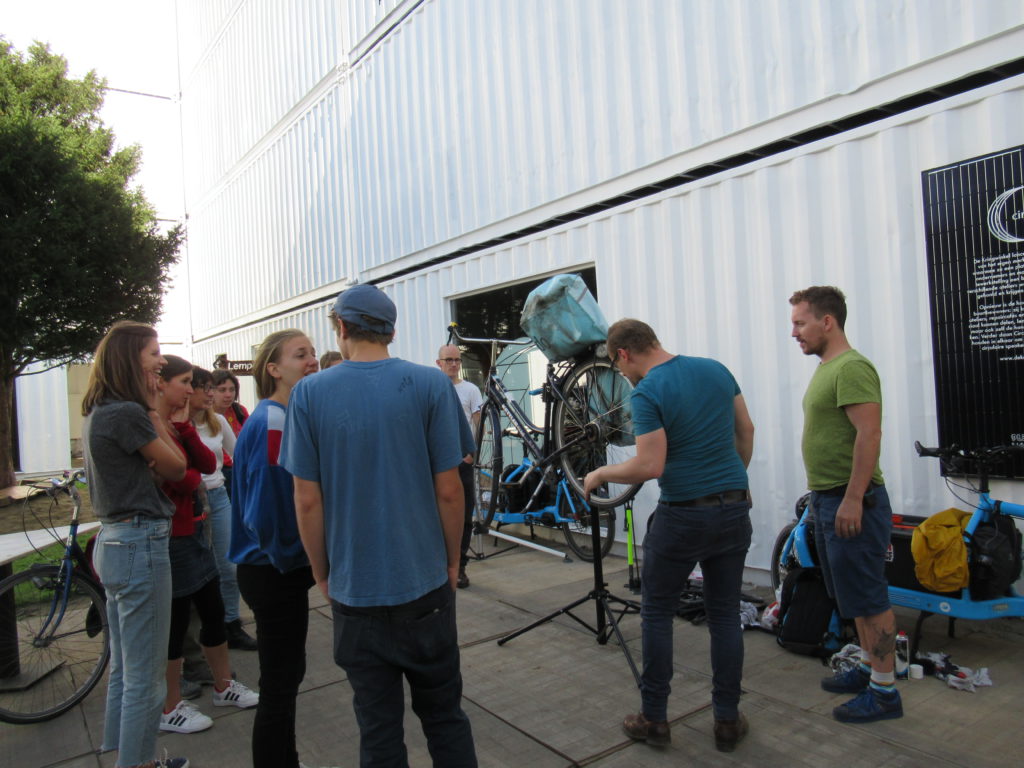The UIA TAST’in FIVES project, taking place in the Fives neighbourhood of Lille, France, has aimed at using the concept of food (from growing, picking up, preparing, cooking, and eating) to propose a systemic model to fight against urban poverty, including social and economic inclusion, health, education, and empowerment. Indeed, with a population of 20,000 inhabitants, 50% below 30 and 22% unemployed, 45% of the households of Fives live below the poverty threshold[1]. More than 1,000 families receive food parcels from the Secours Populaire Français. The area suffers from poverty, with under and malnutrition, as well related health issues (obesity, cholesterol, diabetes….).
Yet, TAST’in FIVES has not sought to address those directly and to carry out a top-down health-focused project convening moralising tips for everyday life: it has intended to provide a convivial place and useful activities where each participant could find a direct benefit from herself or himself. While indirectly addressing poverty issues, it sought to have a wider impact on residents’ lives, using food-related activities to create commensality, share moments, empower, enable socialisation, develop skills, and support access to the job market.





